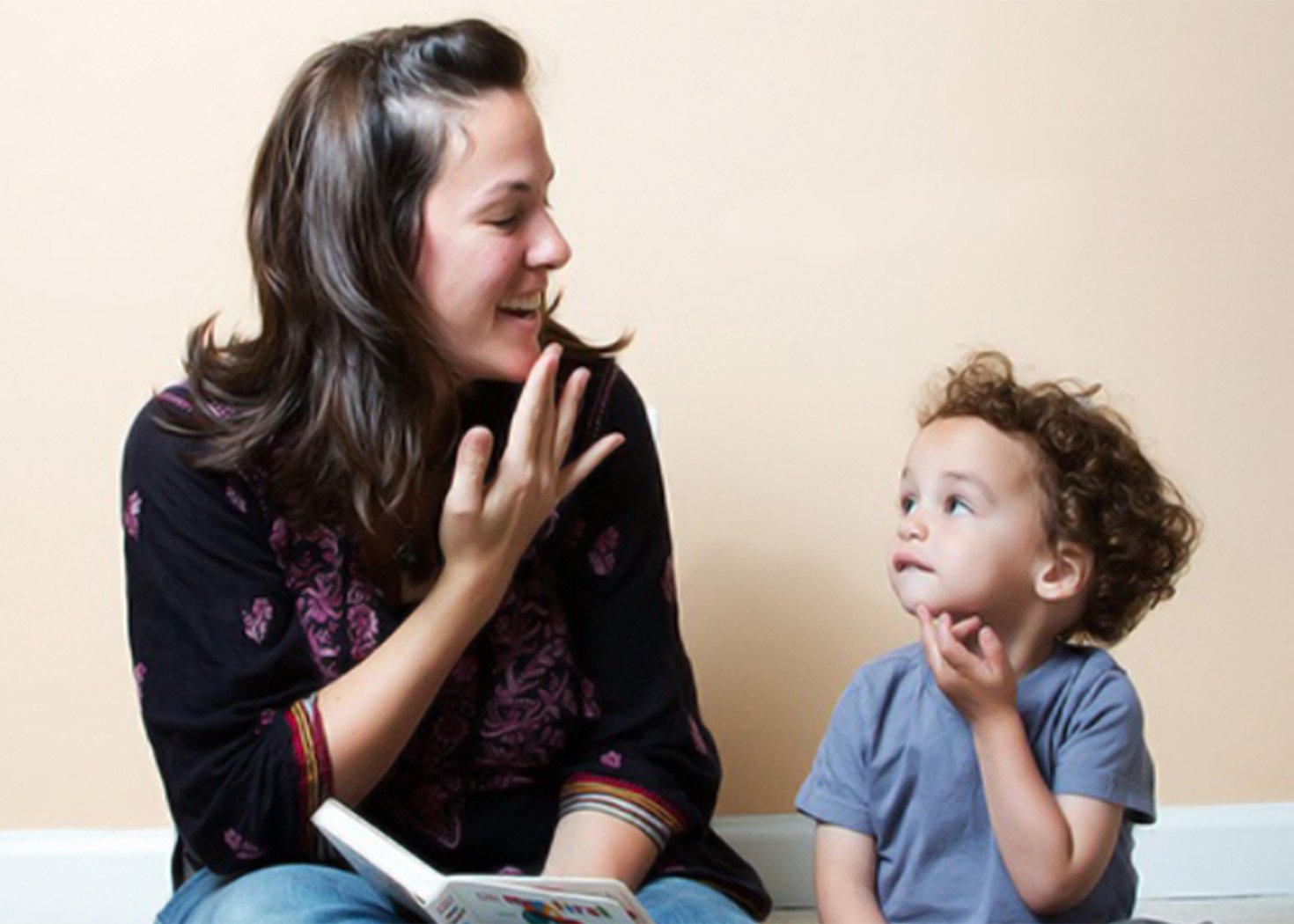Search
Showing results for "autism"
Research
Twenty years of surveillance in Rett syndrome: what does this tell us?This study aimed to describe overall survival and adult health in those with Rett syndrome.
Research
Hospitalizations Following Complex Hip Surgery in Children with Intellectual Disability: A Self-Controlled Case Series AnalysisTo evaluate the associations between complex hip surgery and subsequent hospitalizations in children with intellectual disability, including a subset of children with cerebral palsy.
Research
Systematic Review and Meta-analysis: Mental Health in ChildrenThe behavioral phenotype of neurogenetic disorders associated with intellectual disability often includes psychiatric comorbidity. The objectives of this systematic review and meta-analysis were to systematically review the prevalence of psychiatric disorders and symptoms in children and adolescents
Research
Risk of Hospitalizations Following Gastrostomy in Children with Intellectual DisabilityGastrostomy was associated with health benefits including reduced all-cause and epilepsy hospitalizations, but was not protective against acute LRTI
Research
Piloting a self-compassion program to promote physical and psychological wellbeing in youth with T1DAmy Keely Liz Asha Finlay-Jones Bebbington Davis Parkinson BPsych(Hons), MPsych(Clinical), MHealthEcon, PhD (Clin Psych) MClinPsych/PhD MBBS FRACP
Research
Fetal androgen exposure and pragmatic language ability of girls in middle childhood:This is the first prospective study to identify an association between early life testosterone exposure and pragmatic language difficulties in girls
Research
Using co-design to understand and enhance the experiences of emerging adults with type 1 diabetes and their parents as they transition from paediatric to adult care in metropolitan and regional Western AustraliaKeely Bebbington MClinPsych/PhD McCusker Postdoctoral Research Fellow in Type 1 Diabetes 08 6319 1766 keely.bebbington@thekids.org.au McCusker
Research
Fine-grained Fidgety Movement Classification using Active LearningTypically developing infants, between the corrected age of 9-20 weeks, produce fidgety movements. These movements can be identified with the General Movement Assessment, but their identification requires trained professionals to conduct the assessment from video recordings.

News & Events
Augmentative and alternative communicationIn this new blog, Senior Speech Pathologist Marisa Di Lorenzo discusses Augmentative and Alternative Communication and how it supports every individual’s access to the basic right of communication.
Research
Are preterm birth and intra-uterine growth restriction more common in Western Australian children of immigrant backgrounds? A population based data linkage studyOur findings illustrate the vulnerabilities of children born to foreign women from low and middle-income countries
